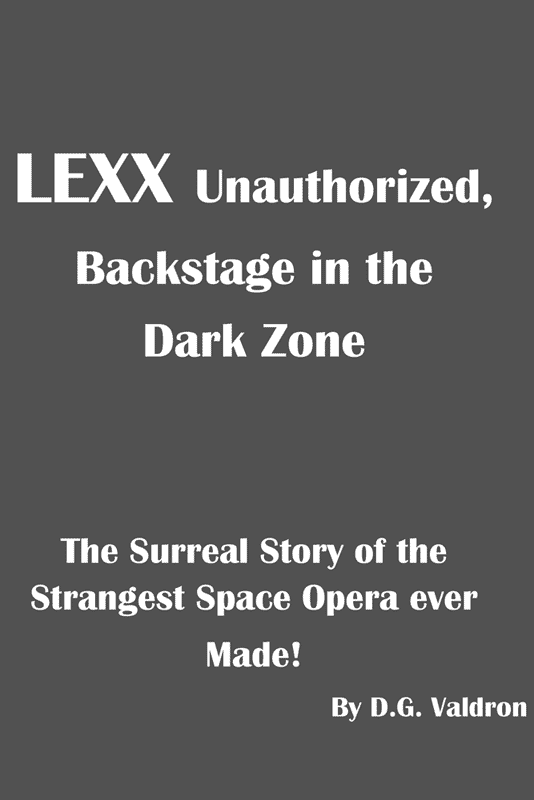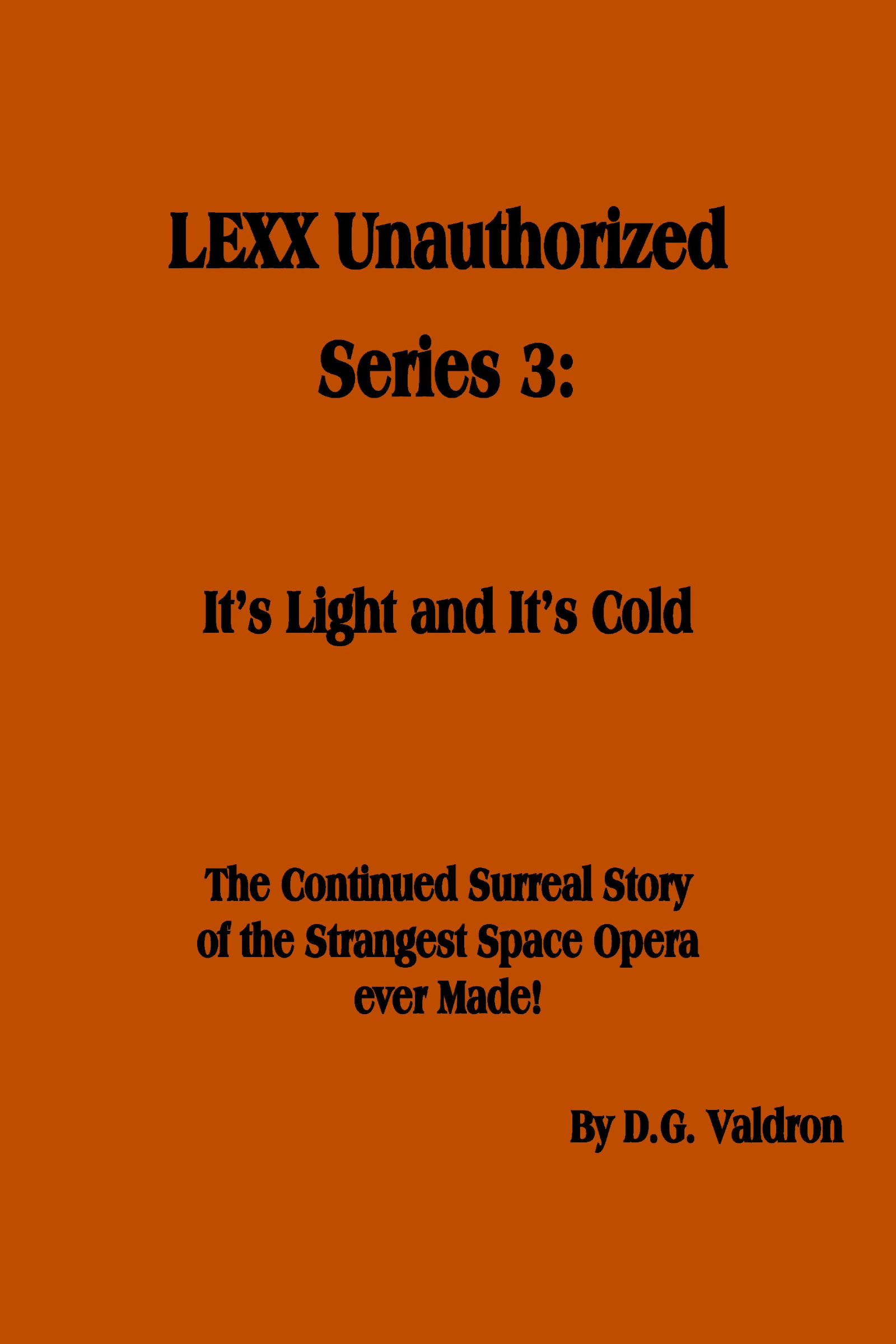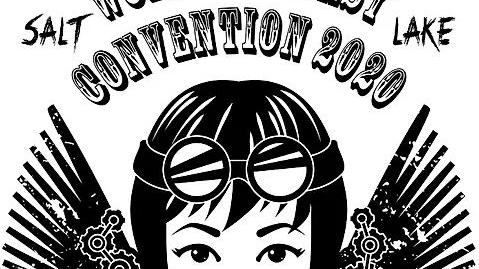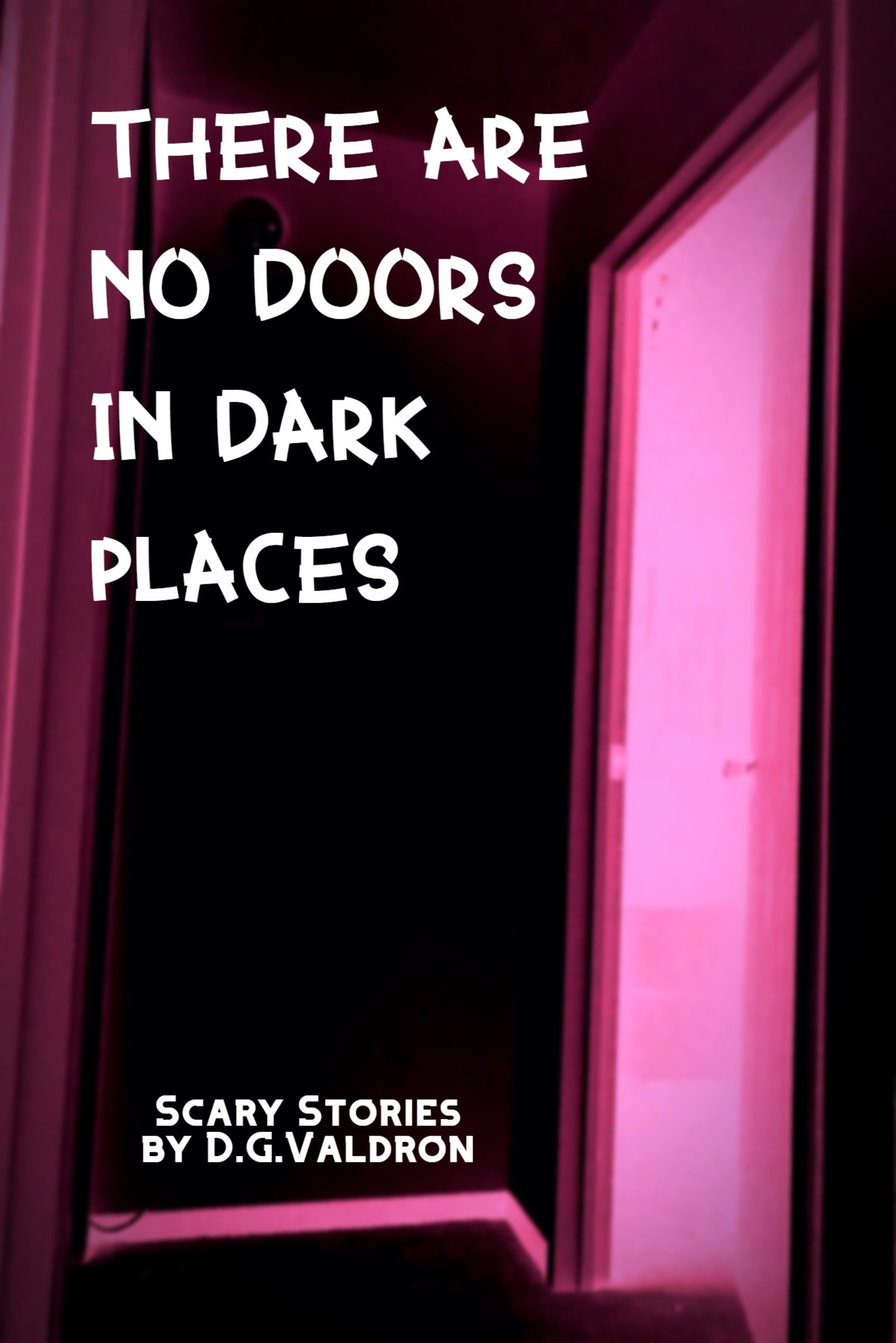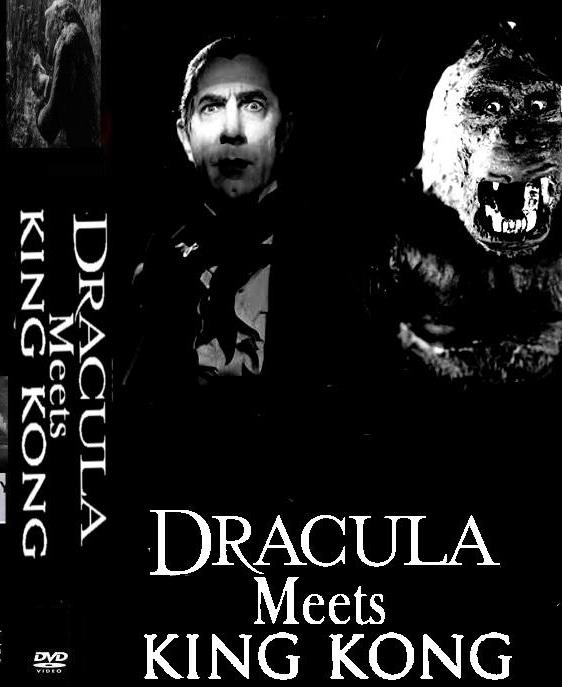My unpublished novel, The Princess of Asylum, has officially made it into the Quarter Finals, for the Booklife Prize. Yay!!!
https://booklife.com/prize/5/category/6
The BookLife Prize is an annual writing Contest sponsored by BookLife and Publishers Weekly. The Prize seeks to support independent authors and discover great written works in nine categories across the two Sections. The categories in the Fiction Contest are: Romance/Erotica; Mystery/Thriller; Science Fiction/Fantasy/Horror; General Fiction; and Middle-Grade & YA Fiction.
It’s a multi stage process.
Quarter Finals: All novels submitted to the BookLife Prize will be initially judged by the professional book reviewers of Publishers Weekly. Each submission will receive an evaluation called a Critic’s Report. Each Critic’s Report consists of a brief written critical assessment of the novel, as well as a rating–on a one to 10 scale–of the book’s strengths and weaknesses in the following categories: Characterization, Plot, Prose/Style, Originality, and Overall Strength. The submissions with the 10 highest scores in each genre will move to the quarter-finals. THAT’S WHERE I AM.
Semi Finals: All submissions advancing to the quarter-finals will be critically assessed by the editorial staffs of Publishers Weekly and BookLife. Of the ten quarter-finalists in each category, five will be selected based on merit by PW and BookLife’s editors to advance to the semifinals in their categories. The semi-finalists will be announced on BookLife on October 22, 2020. TOMORROW
Finals: All semi-finalist submissions will be critically assessed by a guest judge–professional book editor or bestselling/award-winning author–in each of the five categories. The guest judges will select one submission from each category to advance to the finals round. These five submissions will be the winners in each of their respective categories. The finalists will be announced on November 15, 2020.
The Prize From the five finalists, the panel of guest judges will select one grand prize winner for the Fiction Contest with a grand cash prize of $5,000 going to the most outstanding finalist in each Contest.
So…. Today, I ride high. Tomorrow, I may end up as just another nobody. A has been, a second place contender. But right now, I’m a quarter finalist, with a shot at advancing to the Semi-Finals, and perhaps further.
Who knows? But it’s exciting, right?
Meanwhile, here’s the review, once again….
I might as well make hay while the sun shines.
Plot/Idea: 9 out of 10
Originality: 10 out of 10
Prose: 9 out of 10
Character/Execution: 9 out of 10
Overall: 9.25 out of 10
Assessment:
Plot: D.G. Valdron’s bold, funny, fast-moving fantasy The Princess of Asylum follows quick-witted actress Dae Zea Lors after the destruction of her city. Dae survives in the wasteland by improvising a series of increasingly outlandish lies and personae, convincing bandits and orgus and more that she’s, variably, a princess, or an expert in jewel magic, and eventually a priestess. The story’s scope is epic, with airships and military sieges galore, but its tone is light and its perspective intimate, always tied to Dae. Inevitably, the hero’s lies make her a leader, and she’s surprised to discover herself caring about people beyond herself. The novel opens as a picaresque, with Dae bumbling from encounter to encounter, but by the end, as the plot takes shape, readers will actually care for Dae’s world and companions. The sense of urgency that powers the novel’s final third, though, is sometimes missing in the book’s middle, especially in the occasional cases when the balance between comedy and fantasy storytelling proves uncertain.
Prose/Style: Valdron excels at both the narrative perspective of his protagonist, a savvy actress who finds being on a fantasy adventure something of a comic imposition, and at the demands of epic fantasy storytelling. His worldbuilding is memorable and unique but communicated to readers in Dae’s offhand observations; his descriptions of the fantastic or terrifying are quick and powerful. Much of the novel is driven by dialogue, as Dae improvises new selves and lies to stay alive; at times, the characters she’s hoodwinking, such are written as if they’re willing participants in a comedy routine, such as the tyrant who apologizes for scheduling conflicts with her upcoming execution. The novel’s pleasures and occasional problems rise from the same source: the tricky balance between the comedy of Dae’s improvisations and the threatening reality around her. For the most part, though, Valdron aces that balance.
Originality: It is rare for a fantasy novel to center on such an exciting new character and idea. Besides the strength of the premise and Dae’s general delightfulness, the world of The Princess of Asylum is itself original, wrought with care, and revealed in tantalizing glimpses.
Character Development: There’s no doubt about it: Dae is a character readers will love, and her wit and sensibility drive the book. She faces hard choices, makes surprising sacrifices, and movingly comes to care about more than her own life. At times, especially in the novel’s middle, the complaints and patter of Dae’s inner monologue cut against the narrative urgency, especially when she’s joking or crabbing about the book’s cast as if they’re all in a play together rather than continually facing their own deaths. At such moments, she seems not to have grown during her adventures, reverting to being a comic type rather than a fully-shaped protagonist. That makes the novel feel long, even as it’s entertaining: If she’s not taking the situations seriously, readers will be tempted to join her. The saps, villains, monsters, and occasional upstanding folks she encounter also prove memorable, driven by their own coherent but interesting motivations.
Blurb: A fast-talking actress makes her scrappy way across the wasteland, surviving by her wits — and shaping empires with her lies. Imagine a vivid high fantasy, full of beasts and sieges and cults, narrated with the wit of Anita Loos.
Date Submitted: August 14, 2020
